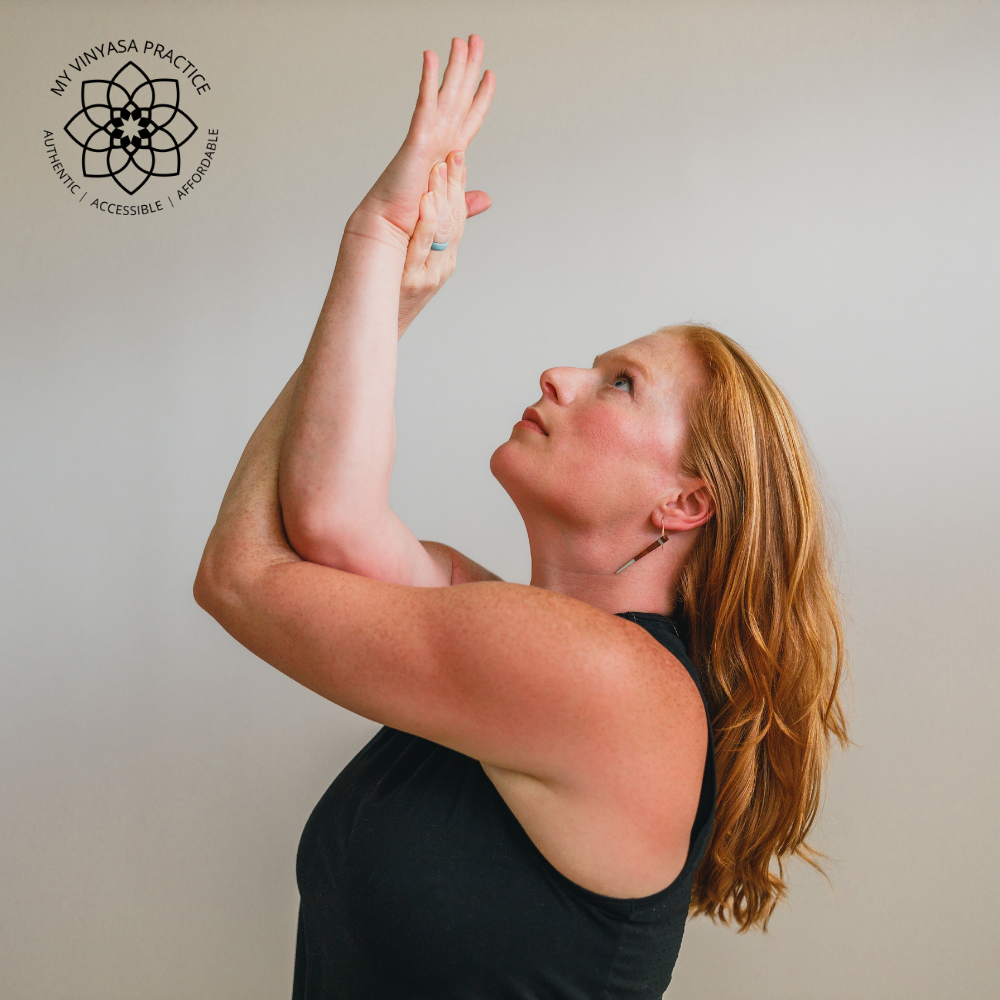Body Love

The season of short shorts, tank tops and swimsuits is upon us, especially here in Texas. And for some of us, it may be accompanied by motivation to alter our physical appearance. In the past few years, there have been a handful of companies and platforms that have evolved their content to be more inclusive, but their efforts do not yet outweigh the majority of advertisements and media that depict unrealistic bodies and sell impossible results. The beauty industry feasts on our insecurities and our desire to be seen and accepted. As we come to understand that our worthiness does alter based on our physical appearance, we can begin to make decisions for our bodies rooted in love.
Whether we conclude our goal is to firm up this or flatten that (or plump up this), so long as we have bought into the idea our worth will increase with an adjustment of physical appearance, those who profit from our insecurities will continue to flourish, and we will inevitably continue to feel incompetent.
Social Media’s Point of View
If you are on social media and in the fitness industry, it is likely your feed is flooded with posts and Reels portraying hyper-athleticism and promotions for products and recommendations both from people you’ve never met, and people you know and trust. Maybe we see these posts and feel inspired to start a new diet or begin a new workout regimen. Maybe we see someone meeting beauty standards set by the media and we feel less beautiful ourselves. In either case, we might conclude that to be more beautiful we need to invest more time in sculpting the physical body. But here is the thing, the physical body is going to age with or without our approval. As the saying goes, beauty is fleeting.
As a human being myself, I think we should invest in our physical appearance. However, our investment should be in different ways of taking the time to care for ourselves, be it through movement or rituals can in and of itself be an act of self-love. When we are constantly toggling between under-nourishing and overworking our bodies, overeating and oversleeping, we confuse our internal eco-system and make it difficult for ourselves to achieve inner balance.
Long Term Goals
Focusing on long-term goals with small milestones allows you to arrive at the understanding that our bodies are meant to be lived in year-round. They are meant to be strong and healthy no matter which season we are in. We can be gracious to ourselves rather than demanding forceful calorie-burning driven workouts.
Self-Compassion & Self-Love
Providing self-compassion and self-love allows us to acknowledge the efforts our bodies have put forth to bring us to this point in our lives. We can learn to love and nurture our overall health and wellness so we can maintain our strength and health throughout our lifetime.
It is an arduous feat to disregard the profuse and overt promotions fed to us by social media, entertainment, pop culture, societal expectations, etc. of what we ought to look like. When we begin to recognize thought patterns and habits that reiterate the misrepresentation of beauty as portrayed by the media, then we might free ourselves from the self-limiting belief that we are not enough.
To begin on this path is simple. It starts with drawing awareness to the thoughts. By observing without judgement why it is that we are making the decisions we are making, be it an investment of time or money on an item or service we desire, or how it is we choose to nourish our bodies. By virtue of developing and strengthening a mindfulness practice, we will come to better understand our unique nature, our unique needs, and maybe even develop a deep love and sense of gratitude for the body. And it’s possible that this deep love and sense of gratitude become your inspiration.
Self-Care
If self-love and compassion are a new practice for you, it might be gruesome to even get started. In this case, it may be helpful to begin by encouraging yourself the way you might encourage a young child or a dear friend. Why do we speak to ourselves in a way we would not speak to another?
The truth is that the voice we spend the most time within this lifetime is our own. You can check in with yourself as well, the way you might check in on a loved one or a dear friend. If there seems to be something upsetting you, rather than rushing still to the next obligation, take a moment or two to get yourself a glass of water, ask yourself sincerely what it is that you need, and listen to the answers with compassion. You can take it a step further by prioritizing whatever it is you need. The idea that this sort of self-care is selfish does more harm than good because if our own cup is not filled there is no chance we can pour it out to another.
To earnestly love the self is to see and hold space for the divine, multidimensional being that has hitched a ride with the vehicle that is the body.






